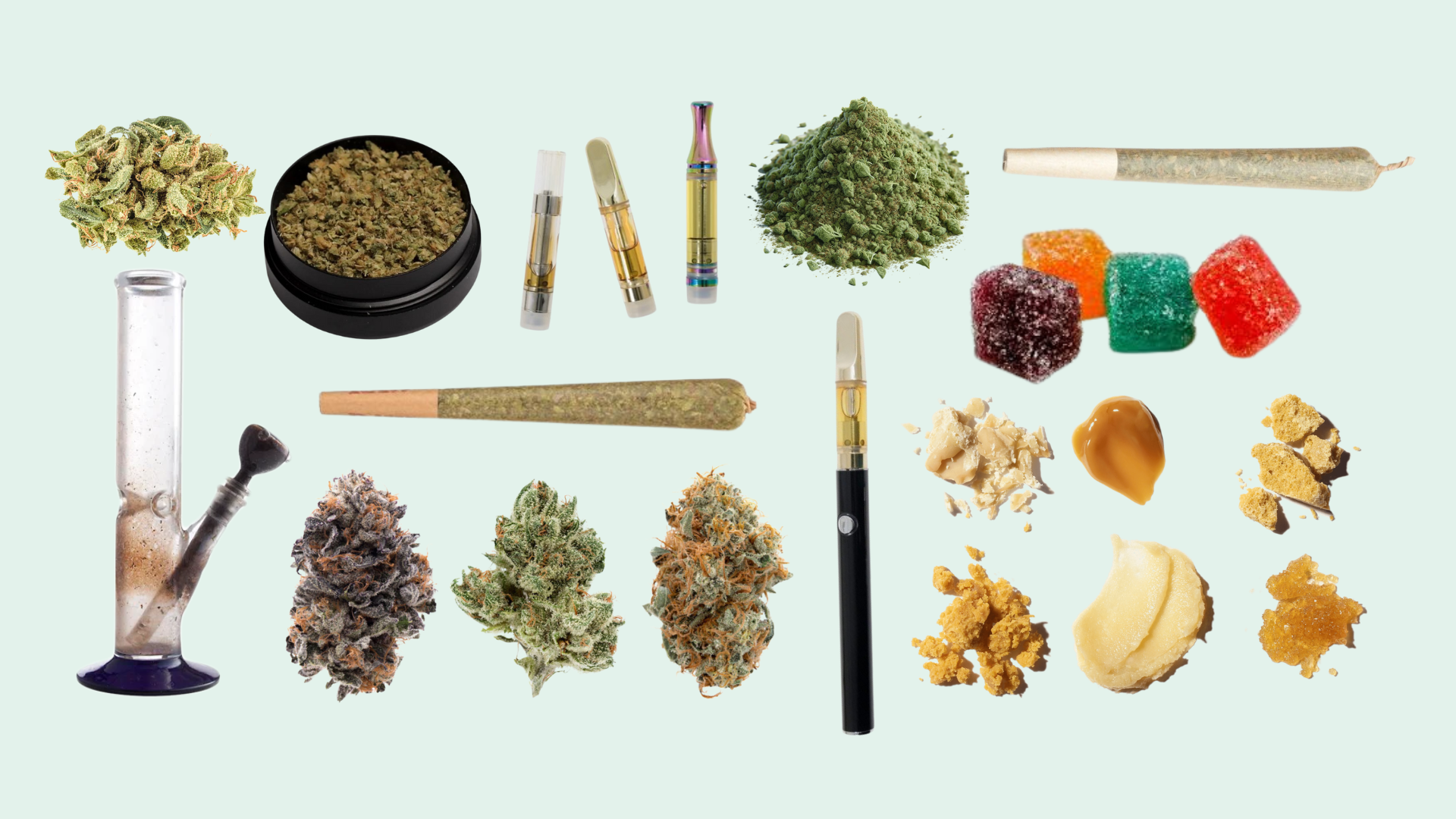What Are Marijuana Withdrawal and Side Effects Like?
Marijuana withdrawal can be a challenging experience, characterized by a variety of uncomfortable symptoms that can make it difficult to quit. These symptoms typically arise within the first 1one to two days after the last use of the drug and can persist for several weeks.
The most common marijuana withdrawal symptoms include:
- Irritability and mood swings
- Anxiety and nervousness
- Difficulty sleeping or insomnia
- Decreased appetite and weight loss
- Restlessness and fidgeting
- Headaches, nausea, and abdominal pain
- Sweating, chills, and tremors
These physical and psychological side effects can be particularly intense for individuals who have been using marijuana heavily and regularly for an extended period. The severity of withdrawal symptoms can also be influenced by factors such as the potency of the marijuana used, the presence of co-occurring mental health conditions, and the individual’s overall physical and emotional wellbeing.
It’s important to note that while the withdrawal symptoms associated with marijuana may not be as severe as those experienced with harder drugs like opioids or alcohol, they can still be highly disruptive to an individual’s daily life, increasing the risk of relapse. Seeking professional support during the detox process can significantly improve the chances of successful recovery.
What Is the Marijuana Withdrawal Timeline?
The timeline of marijuana withdrawal can vary from person to person but generally follows a predictable pattern:
First One to Two Days
The onset of withdrawal symptoms typically begins within the first 24 to 48 hours after the last use of marijuana. During this initial stage, individuals may experience irritability, anxiety, and difficulty sleeping.
Days Two Through Six
The withdrawal symptoms often peak in severity during this period, with individuals reporting strong cravings, sweating, chills, nausea, and abdominal discomfort. This can be the most challenging phase of the detox process.
One to Three Weeks
As the body and brain begin to adjust to the absence of THC (the primary psychoactive compound in marijuana), the physical withdrawal symptoms start to subside. However, psychological symptoms like depression, anxiety, and cravings may persist for several weeks.
One Month
For most individuals, the acute withdrawal phase has resolved mainly by the one-month mark. However, some lingering effects, such as insomnia or fatigue, may continue for a more extended period. The timeline can be influenced by factors like the duration and intensity of the individual’s marijuana use.
It’s important to note that the withdrawal timeline is flexible, and some people may experience a more drawn-out or unpredictable recovery process. Seeking professional support and guidance can help manage the withdrawal symptoms and increase the chances of successful long-term recovery.
What Is Marijuana Detox and Treatment?
For individuals struggling with a marijuana addiction, the process of detox and treatment can be a crucial first step in the recovery journey. Marijuana detox, also known as cannabis detox, is the initial phase of the recovery process, during which the body rids itself of the drug and its associated compounds.
Medically Supervised Detox
In some cases, particularly for those with severe marijuana dependence or co-occurring mental health or substance abuse issues, a medically supervised detox program may be recommended. These programs provide around-the-clock care and monitoring, as well as the administration of medications to help alleviate withdrawal symptoms and cravings.
Outpatient Detox and Treatment
For individuals with a milder marijuana dependence, an outpatient detox program may be a more suitable option. These programs allow individuals to continue their daily routines while receiving regular check-ins, counseling, and support from healthcare professionals.
Therapy and Counseling
Regardless of the detox approach, comprehensive treatment for marijuana addiction often includes a combination of behavioral therapies and counseling. Cognitive behavioral therapy (CBT), for example, can help individuals identify and modify the thought patterns and behaviors that contribute to their marijuana use. Other therapies, such as contingency management or motivational enhancement therapy, may also be incorporated into the treatment plan.
Aftercare and Support
Maintaining long-term recovery from marijuana addiction often requires ongoing support and aftercare. This may include participation in support groups, such as Marijuana Anonymous, as well as continued individual or group therapy sessions. Developing healthy coping mechanisms, building a solid support network, and addressing any underlying mental health issues can all play a crucial role in preventing relapse.
Navigating the Road to Recovery
Overcoming a marijuana addiction can be a challenging journey, but with the proper support and resources, it is an achievable goal. By understanding the nature of marijuana withdrawal, the typical timeline of symptoms, and the various treatment options available, individuals can take the first steps toward a life free from cannabis dependence.

